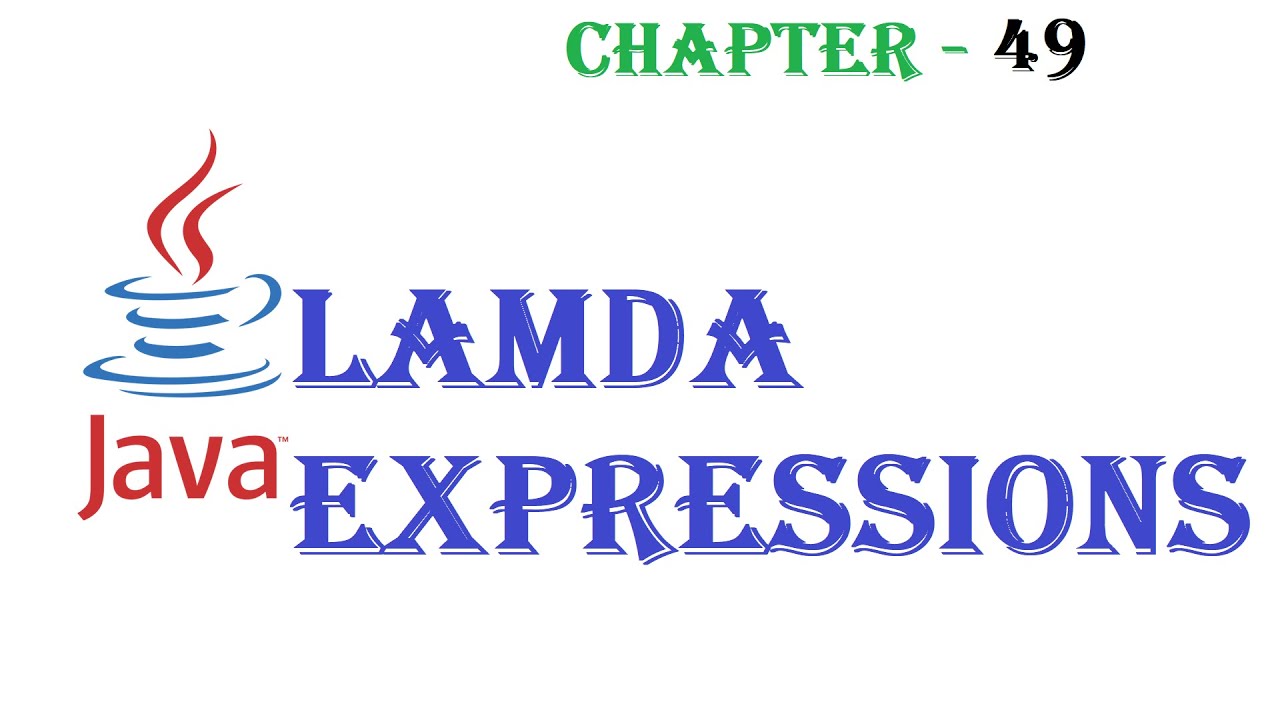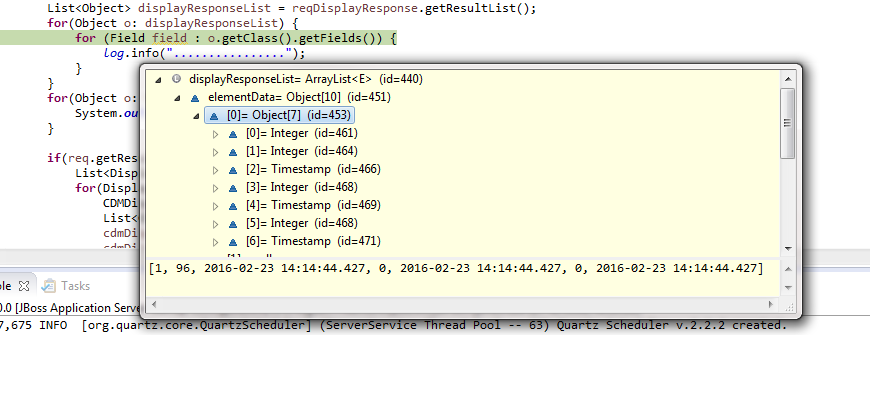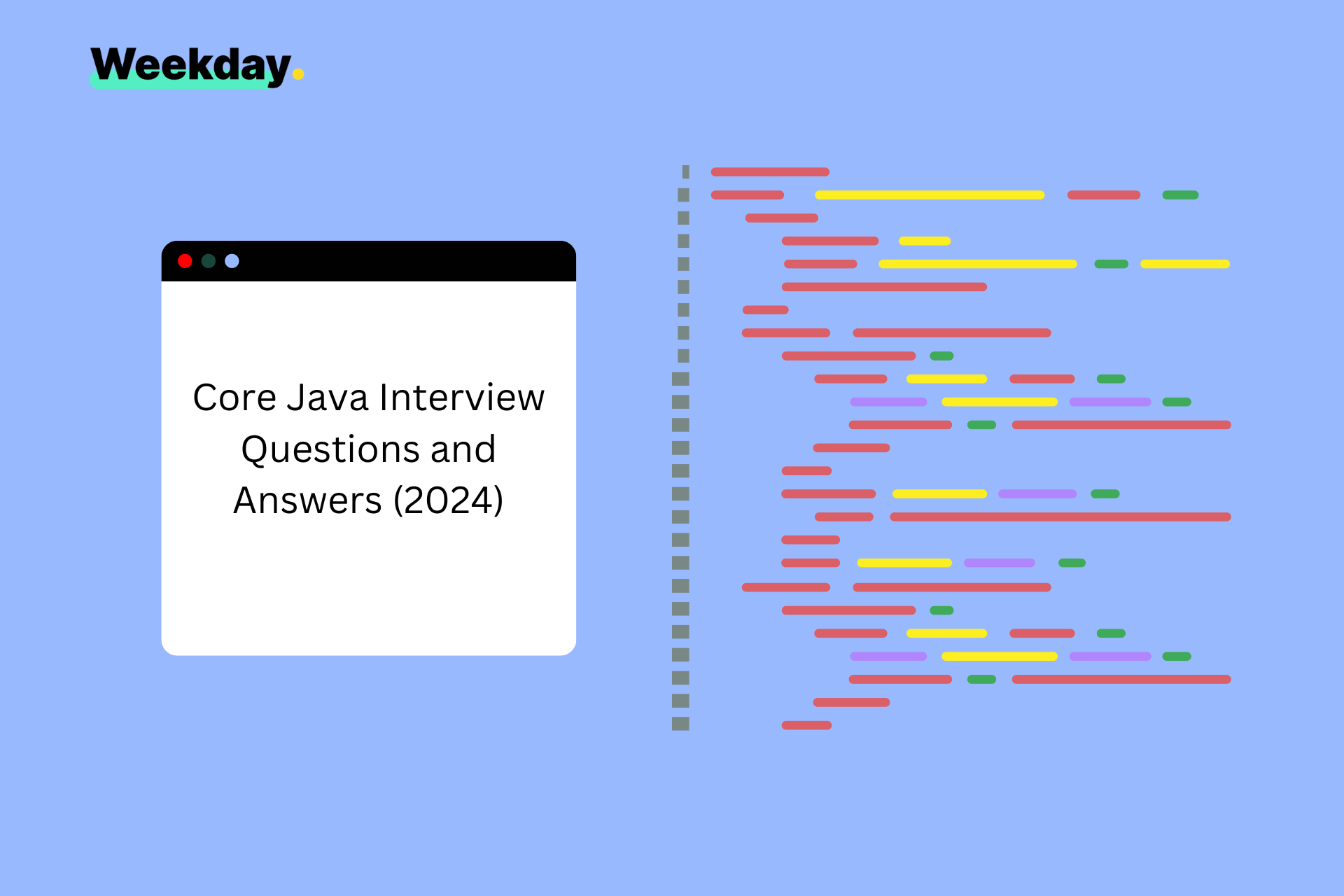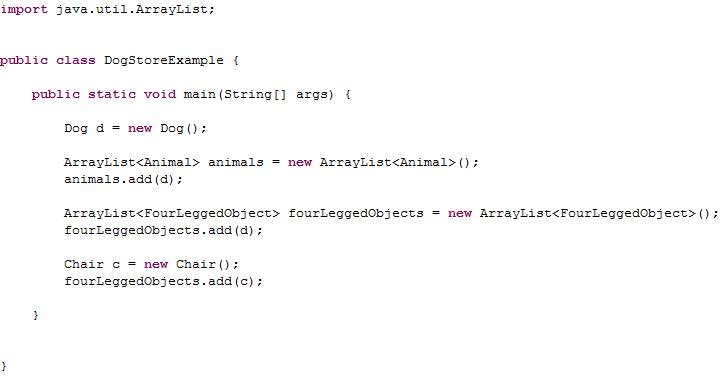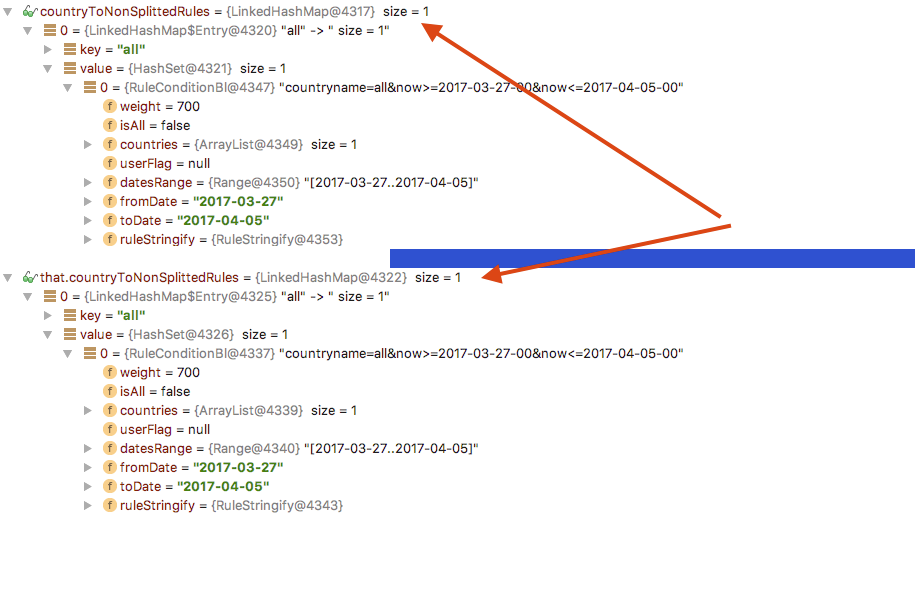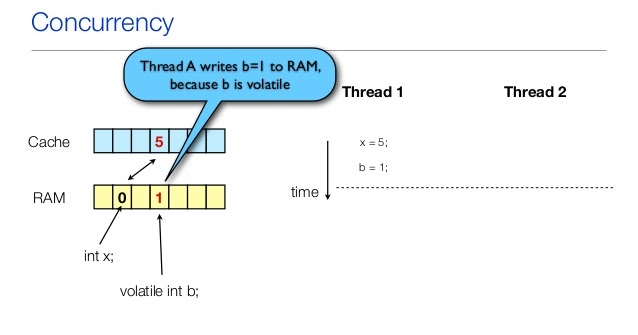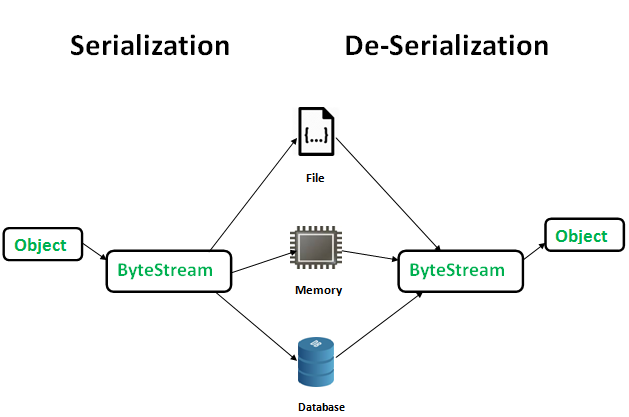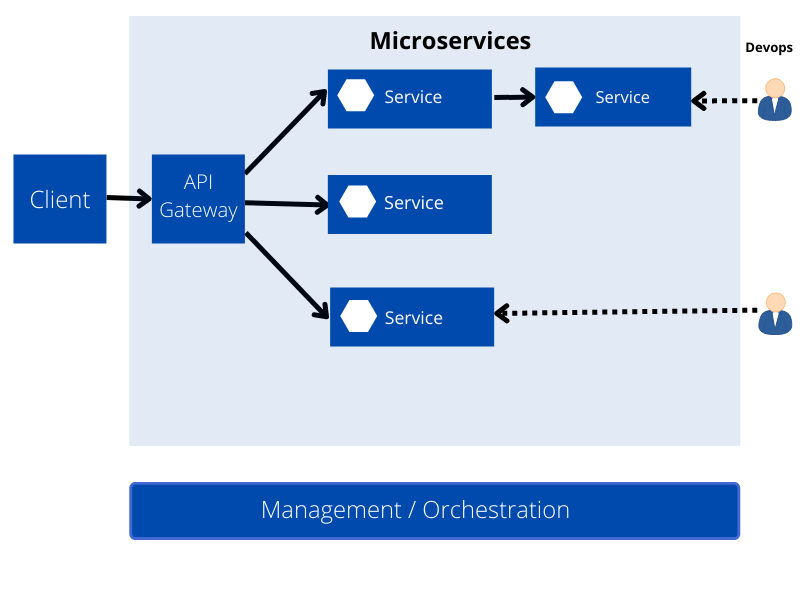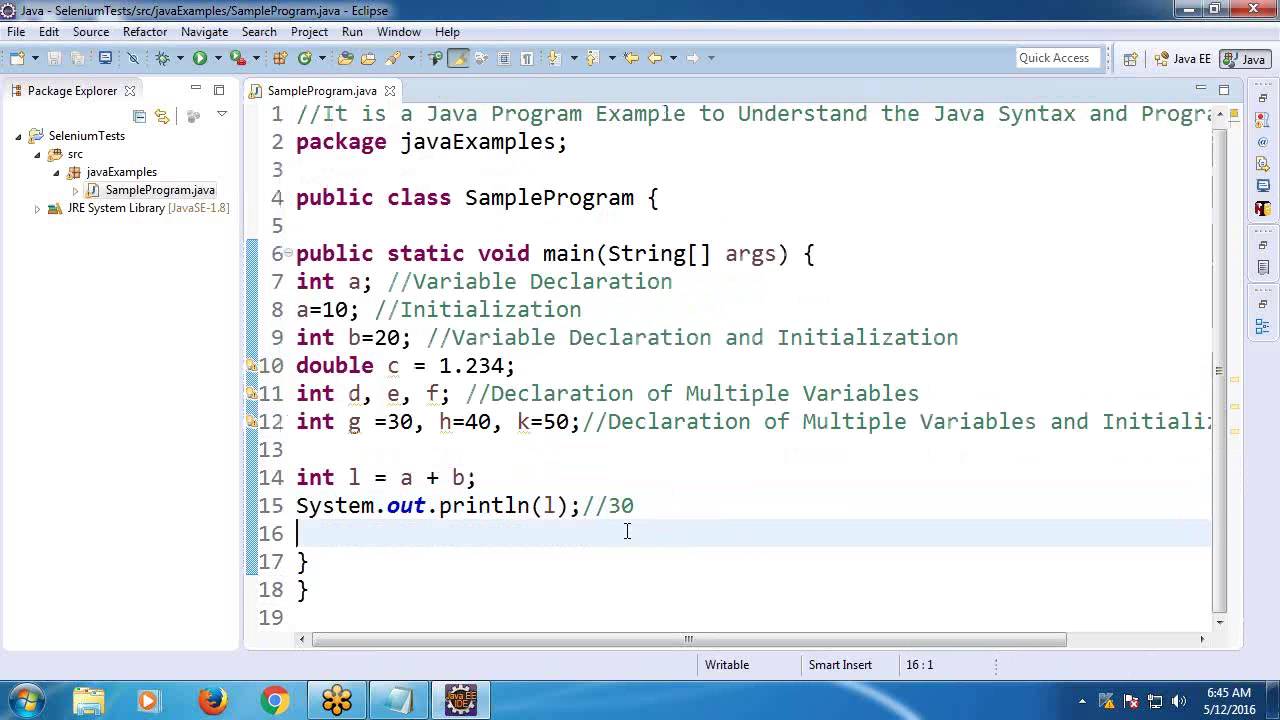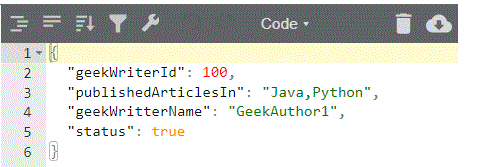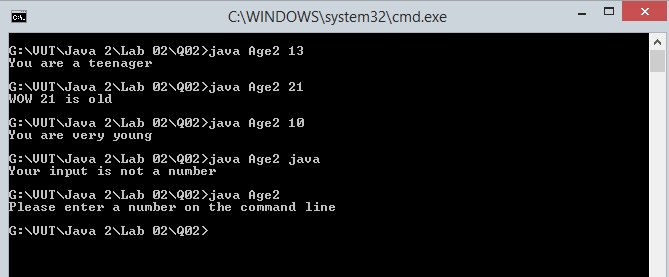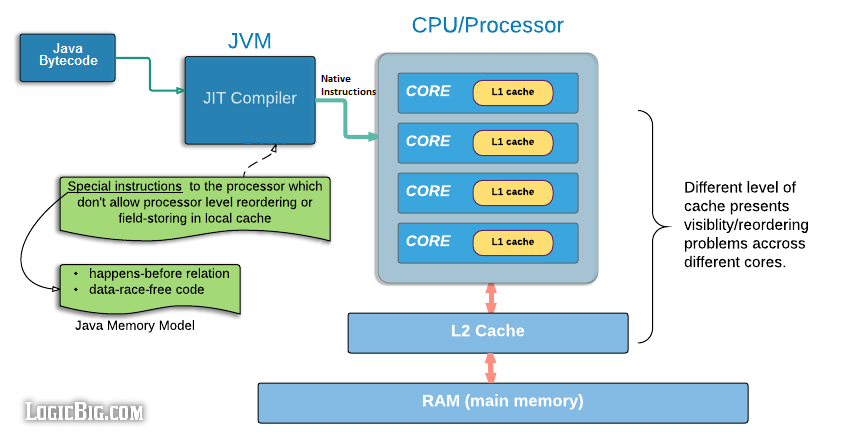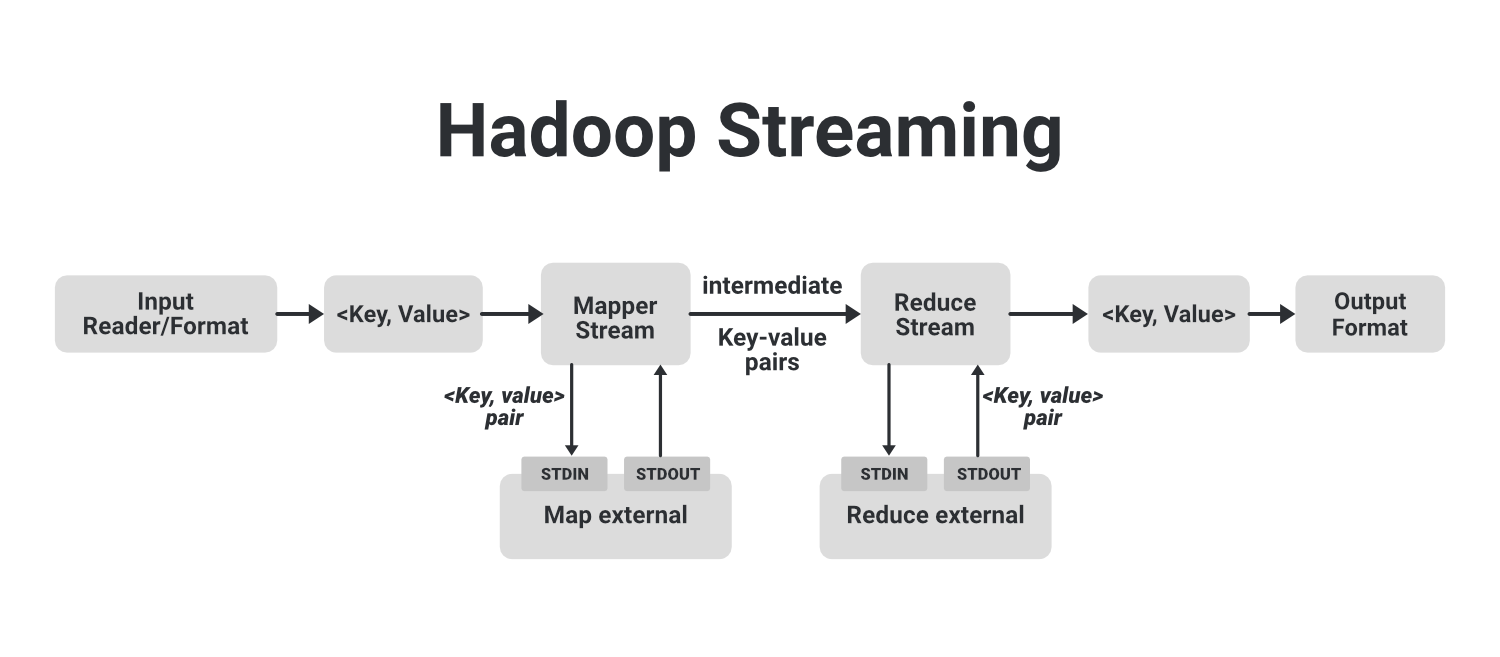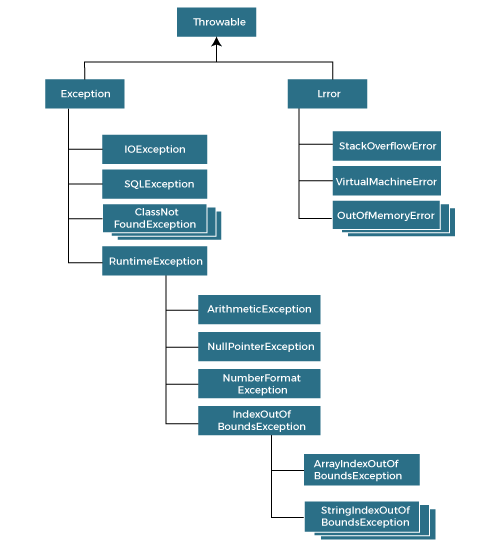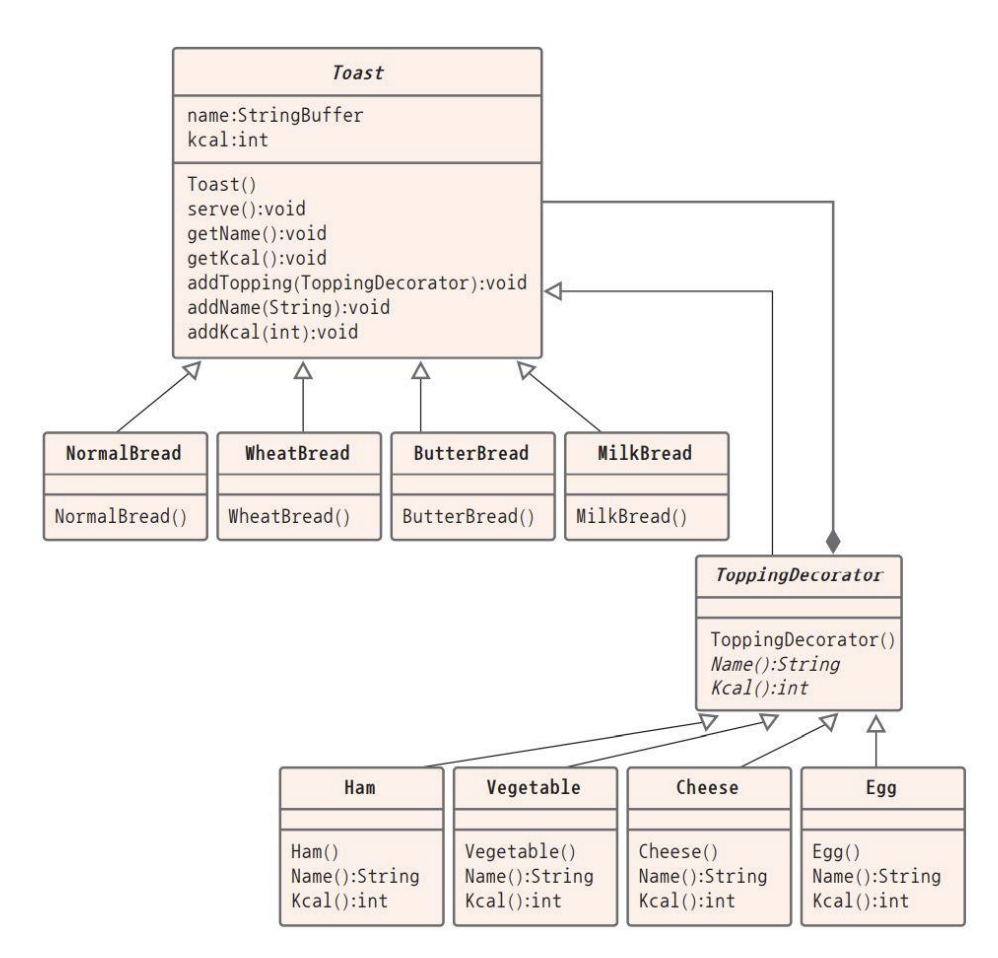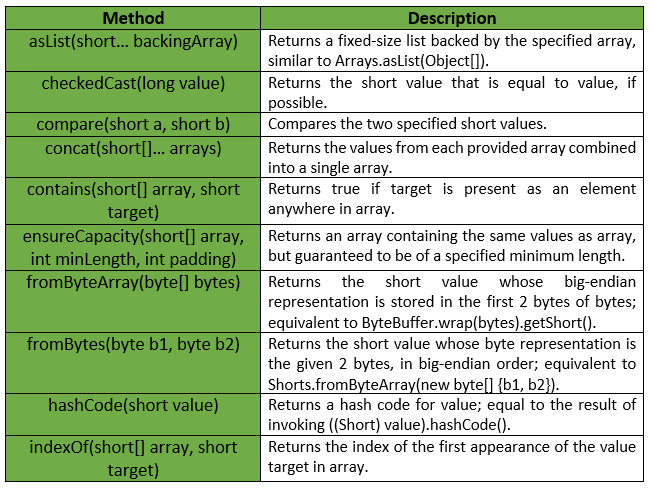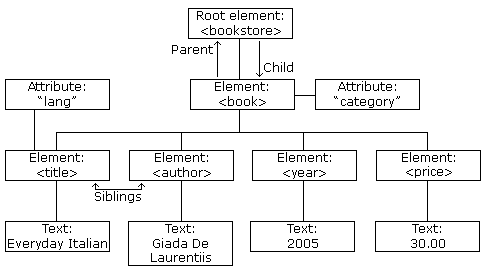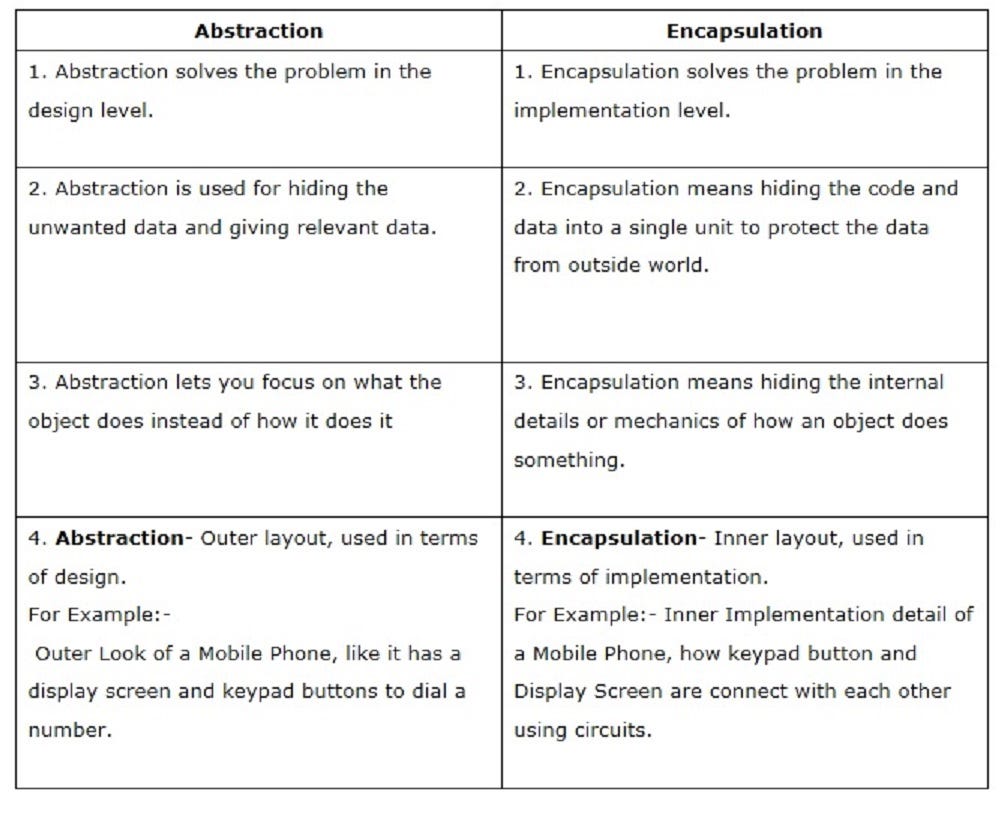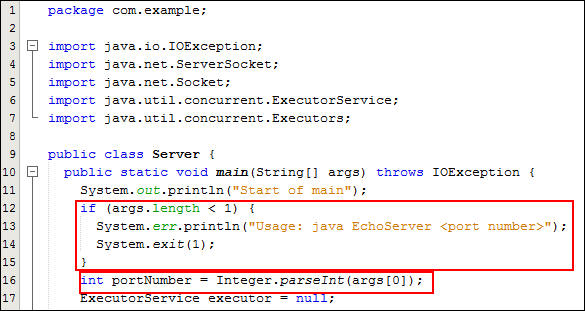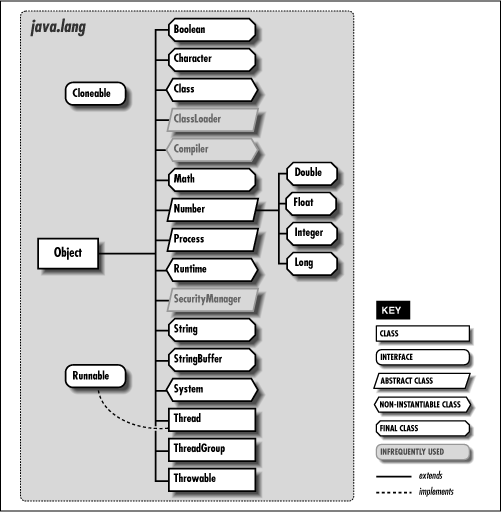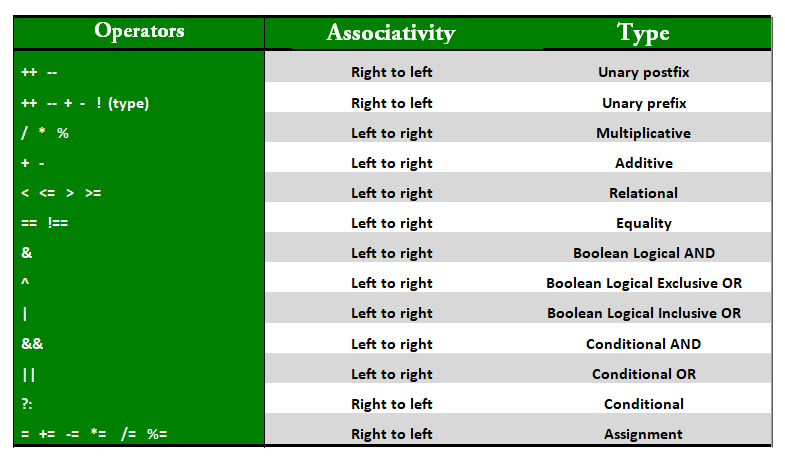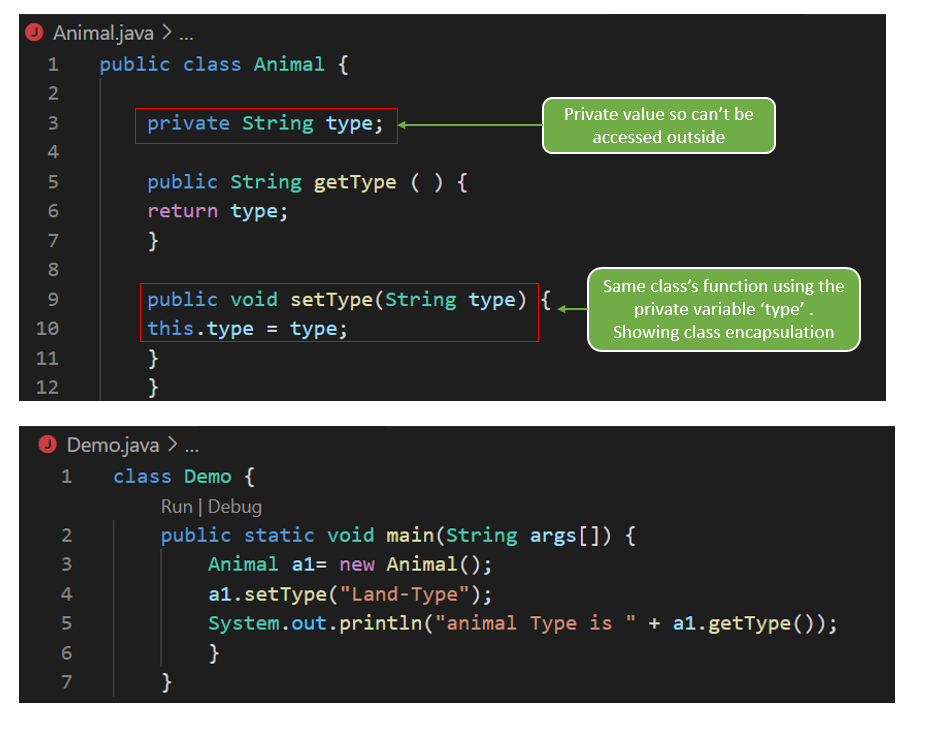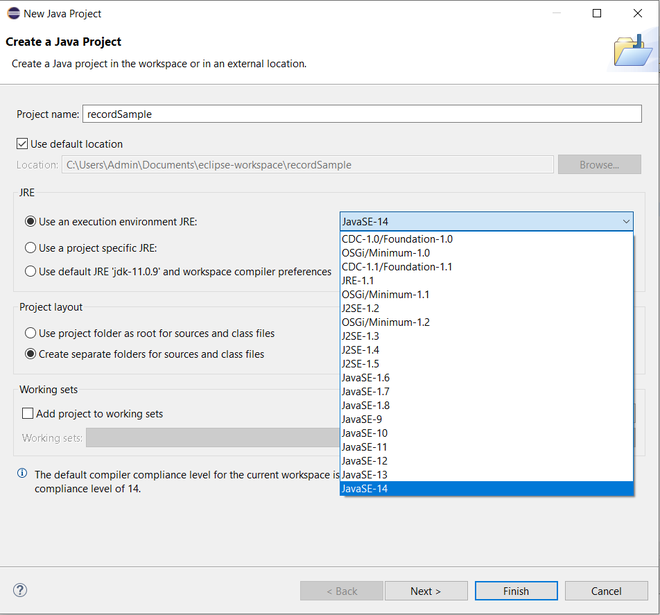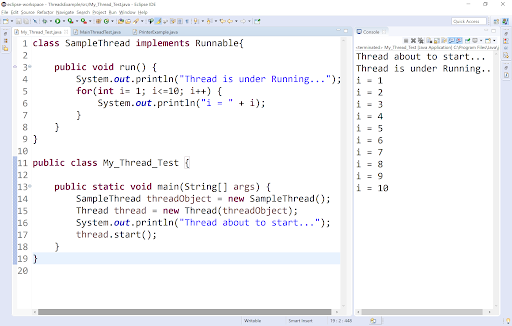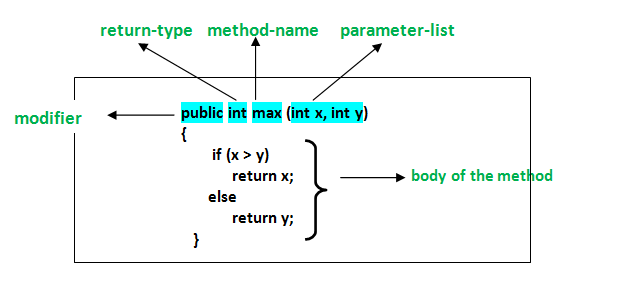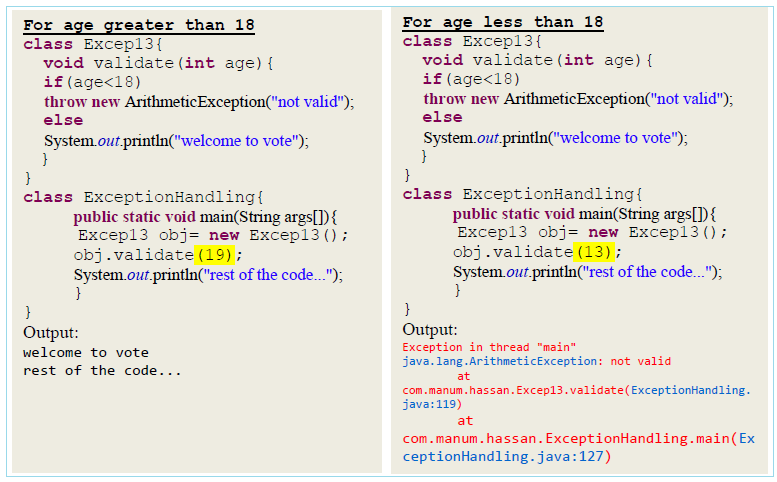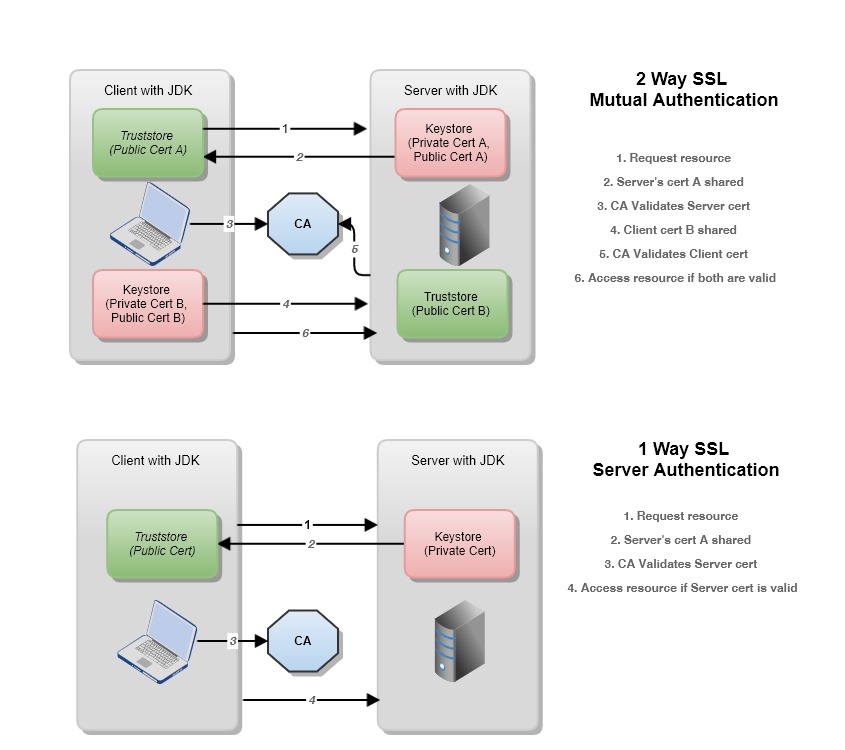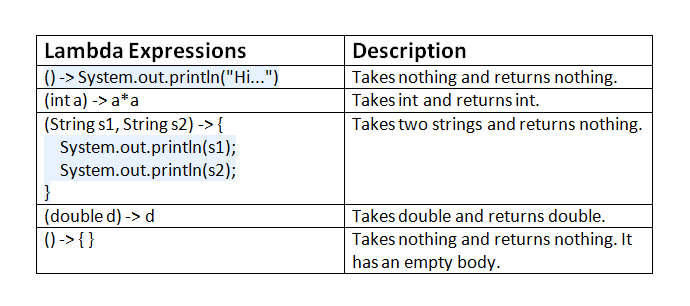What are the benefits of stream in Java?
What are the benefits of stream in Java?
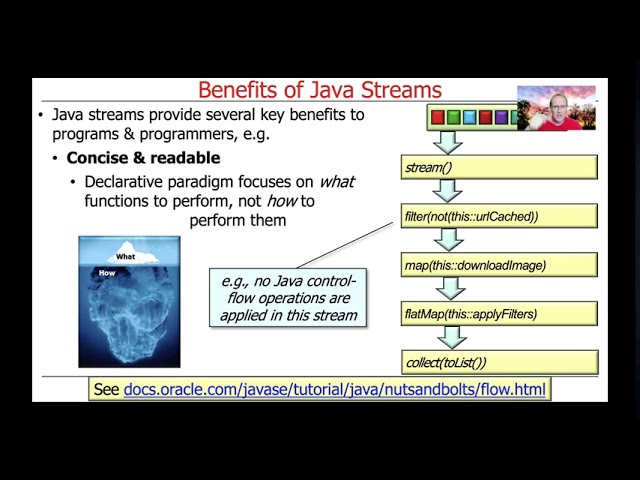
I'd be happy to provide an answer in English!
The benefits of using streams in Java are numerous and significant, making it a valuable addition to your programming arsenal. Here are some of the key advantages:
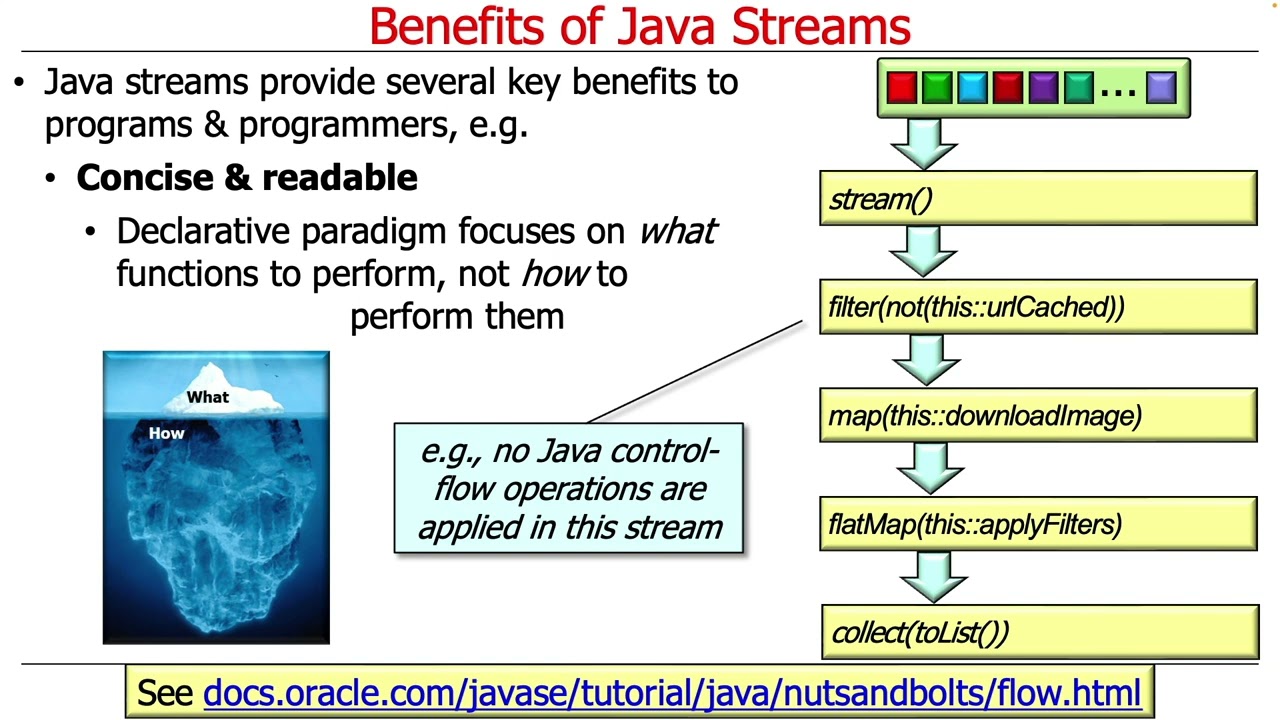
To illustrate the benefits of using streams, consider an example where you need to process a large dataset:
Suppose you have a list of integers and want to filter out values greater than 10, then calculate their square, and finally sum up the results. Without streams, you might write:
List numbers = Arrays.asList(1, 2, 3, 4, 5, 6, 7, 8, 9, 11);
int sum = 0;
for (Integer number : numbers) {
if (number <= 10) {
sum += number * number;
}
}
With streams:
List numbers = Arrays.asList(1, 2, 3, 4, 5, 6, 7, 8, 9, 11);
int sum = numbers.stream()
.filter(n -> n <= 10)
.map(n -> n * n)
.reduce(0, (a, b) -> a + b);
As you can see, the stream-based solution is not only more concise but also easier to understand and maintain.
In conclusion, Java streams offer numerous benefits that simplify your code, improve performance, and enhance its overall quality. By mastering the use of streams, you'll be able to write more efficient, readable, and robust programs that are a joy to work with!
What is a stream in Java?
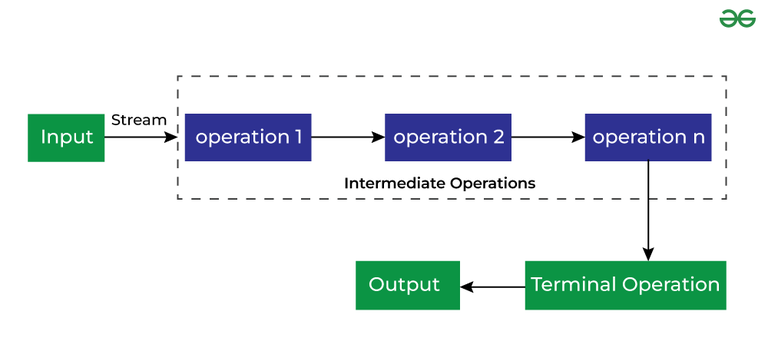
I'd be happy to explain what a stream in Java is!
In Java, a stream is a sequence of objects that can be processed in a continuous manner. It's a fundamental concept in Java programming that allows you to process data in a flexible and efficient way.
A stream is typically created from a source, such as a file, an array, or a collection of objects. This source provides the initial values for the stream. As you work with the stream, you can apply various operations to it, such as filtering, mapping, sorting, aggregating, and more. These operations are performed lazily, meaning they're only executed when you actually use the results.
One of the key benefits of working with streams is that you can write concise and readable code. You don't need to worry about looping through collections or arrays; Java's stream API takes care of that for you.
For example, let's say you have a list of integers and want to find all the even numbers greater than 5. You could do this using traditional loops:
List numbers = Arrays.asList(1, 2, 3, 4, 5, 6, 7, 8);
List evensAboveFive = new ArrayList<>();
for (Integer number : numbers) {
if (number > 5 && number % 2 == 0) {
evensAboveFive.add(number);
}
}
Alternatively, you can use streams:
List numbers = Arrays.asList(1, 2, 3, 4, 5, 6, 7, 8);
List evensAboveFive = numbers.stream()
.filter(n -> n > 5)
.filter(n -> n % 2 == 0)
.collect(Collectors.toList());
As you can see, the stream-based approach is much more concise and readable. You're able to express your intention clearly by using a series of method calls that describe the processing you want to perform.
Streams are particularly useful when working with large datasets or performing complex data transformations. They provide a flexible and efficient way to process data, allowing you to write robust and scalable code.
Some common stream operations include:
map: Apply a function to each element in the stream filter: Select only elements that meet certain criteria reduce: Combine elements using an accumulator function collect: Gather the results of processing into a collection (e.g., a list, set, or map) forEach: Perform an action on each element in the stream
Java 8 and later versions provide a rich set of stream APIs that you can use to process data. Whether you're working with collections, files, networks, or any other type of data source, streams offer a powerful way to perform complex operations in a concise and efficient manner.
In summary, Java streams are a game-changer for processing data in your programs. They provide a flexible and expressive way to work with large datasets, perform complex transformations, and write robust code that's easy to maintain and scale.
